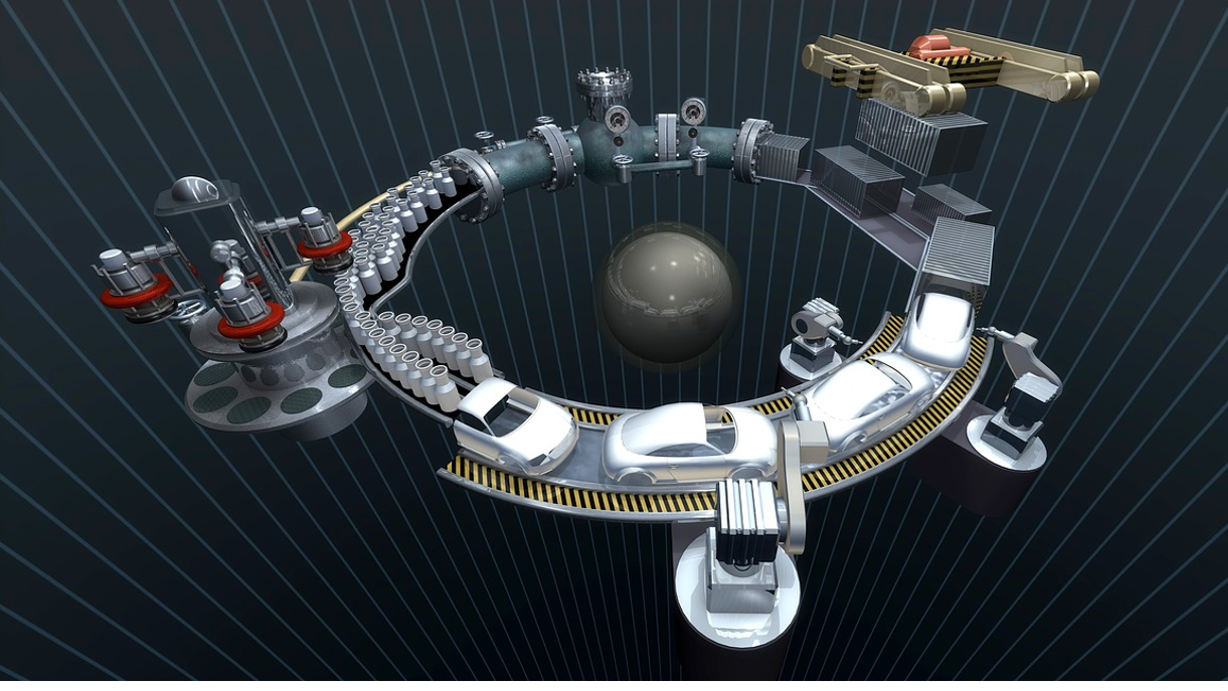A Cooperative community is now growing in Eindhoven around Resource Based and Circular Economics, and is looking for members with diverse talents.
Take, make and dump is the linear life cycle of resources today, which is depleting our natural resources and creates “waste” after the intended product life cycle. A Circular model not only seeks to prevent waste by design, but re-uses any “waste” resources to make new things. That is why we are setting up this cooperative community called Eindhoven Circular Economics Cooperative.
“It’s this space in-between the in-breath and out-breath that contains the magic,” says Phillips, initiator of the community. “When the person pays for a product, they pay for the packaging, own that resource and can treat it as a commodity.
We will expand the team, building on the results of the initial resource collection tests, create some nice products with the resources and exchange them for Euros. As a Startup, product design and production become more accessible with a circular, resource based model,” Phillips added.
The cooperative will be run democratically by the members, using the Blockchain for voting, governance and to serve as a framework for the monetization of resources with Gamification, Time Banking and other intrinsic and extrinsic motivators.
They will try to get people to donate their resources and try using exchange as well. In an exchange model, there will be more offered for cleaned materials. They are seeking recyclable materials as well as seeds saved from organic food,
Time Banking will be used to pay for membership, to make joining more democratic as well. The goal is to then exchange the banked time resources for Euros. Aside from some of the profit that is to be re-invested into the cooperative to foster financial sustainability and expansion, the profits are to be shared democratically among the members.
“People may feel poor when they don’t have cash, but so often they are surrounded by wealth. It’s just a matter of shifting thinking to a resource-based circular model.” Phillips says.
According to the Ellen MacArthur Foundation, the cost savings of using Circular Economics can reach $1 Trillion per year. Just stopping the outflow of “waste” materials from the average household generates quite a bit of resources.
“Circular Economics is a solution we have found to make us more competitive with businesses buying materials and manufacturing products overseas.” says Phillips.
There is a meeting on 27 November if you are interested to meet them.
















